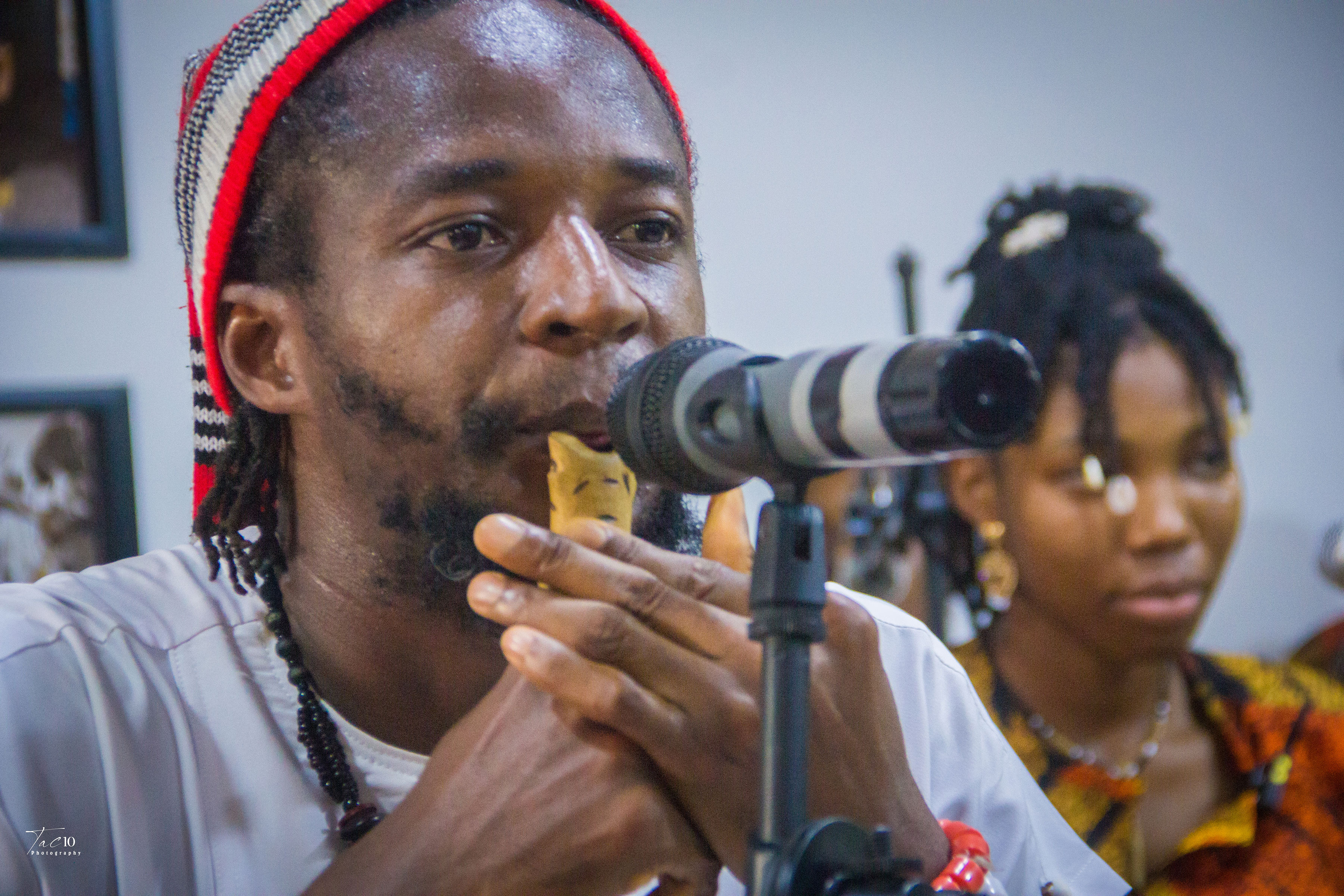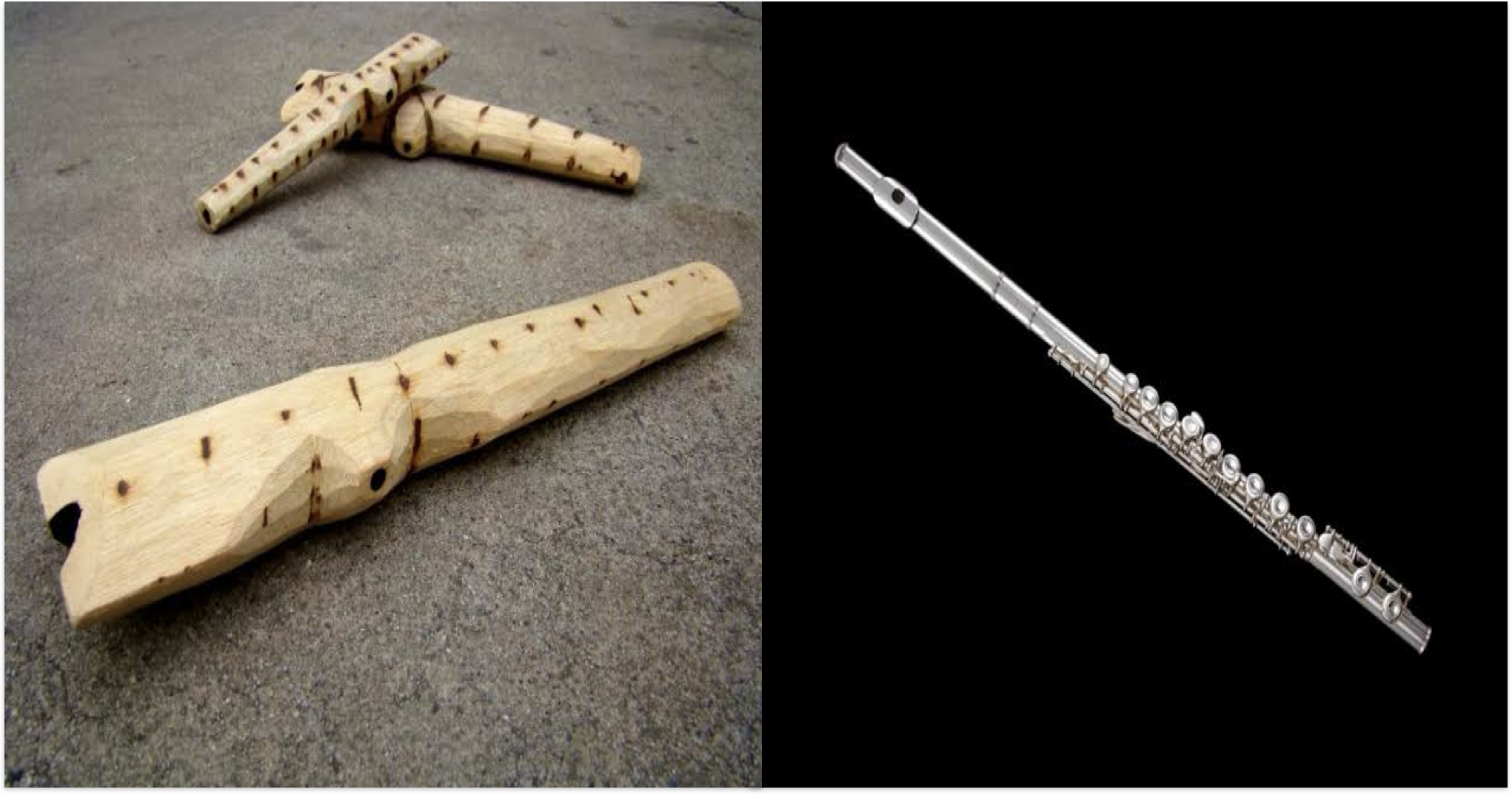Oftentimes when we are out with Ogbuoja Eze on our cultural music outreaches, a common reaction we get, prior to his performances, is that his Oja is labeled by the audience as a Flute.
Be it in schools, clubs, or artistic and cultural spaces, most people – even in Igbo-speaking communities – make the common mistake of calling the Oja a Flute. Well, today we are going to put an end to that confusion and show you why exactly you shouldn’t be calling the Oja a Flute.

To most people, the Oja sounds similar to the flute and for that reason they choose to describe the former as the later – some even do well to call it the “Igbo Flute”. And while both instruments are in the aerophone musical class, there are numerous reasons why they are distinct and shouldn’t be conflated at all.
Firstly, both the Oja and the Flute are of different cultural backgrounds and they each serve unique purposes. The Flute is commonly heard in the Western orchestra and can be employed masterfully in all kinds of popular music genres from Jazz to Reggae.
The Oja however, holds a special kind of meaning to the Igbo nation. It has a sound worlds apart from the Flute and its most powerful quality is its ability to imitate human speech. That makes it an harmonious element for extending greetings and salutations.
The Oja also plays numerous essential roles in Igbo festivals and occasions such as the Iwa Ji (New Yam Festival). From accompanying masquerades, as they parade, to welcoming chiefs and monarchs, the Oja stands as one of the most important aspects of Igbo culture and adds a bit of musical colour to their tradition.
As the age of Africa’s cultural renaissance grows, more and more creatives are exploring and interpreting the resources of their indigenous cultures; and the Oja – formerly known to you as “Igbo flute” – has not been left out.
With the visionary Ogbuoja Eze popularizing its usage in many other musical genres like Afrobeats, Amapiano, and even Choral Music, a portion of the world no longer sees the Oja as a greeting tool, but as a beacon of innovation.
If you are curious as to how exactly the Oja has been embedded into Africa’s cultural renaissance, Ogbojua Eze brilliantly displayed his creative interpretation of the instrument in his latest song, Enyi.
Conclusion
While it is common to make the mistake of giving African words English translations, we must remember that there are some words – names and descriptions – that should be left untranslatable because of how well they highlight the uniqueness of the people who own them.
“Oja” is one such word. It is an aspect of pride to the Igbo nation and teaches the world about their remarkable musical heritage.



